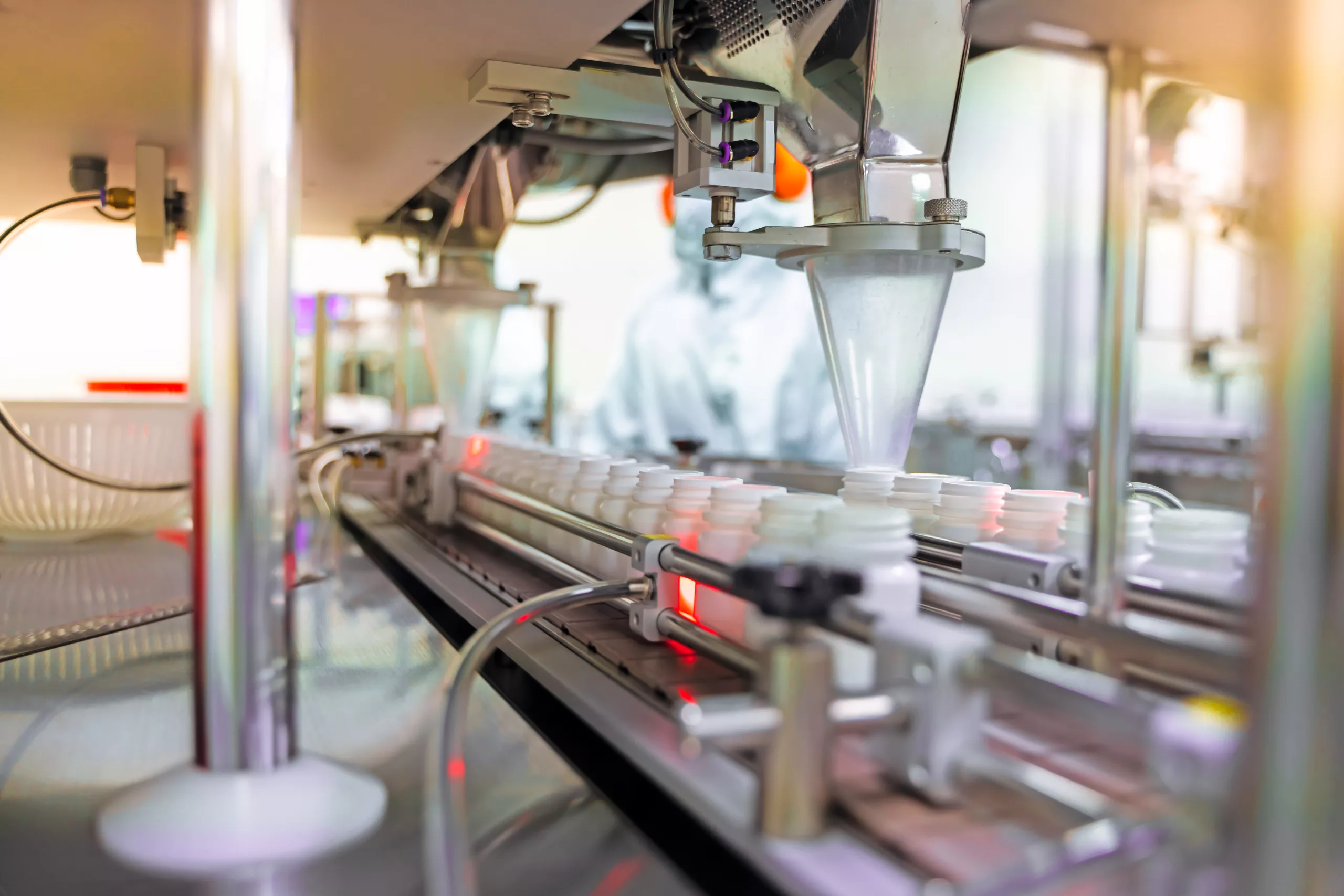In the pharmaceutical industry, ensuring the safety, efficacy, and quality of medicines is of paramount importance. To achieve this, pharmaceutical companies must adhere to stringent regulations and guidelines set by the regulatory authorities. One critical aspect of maintaining product quality and compliance is the process of deviation investigations. In this blog, we will explore what deviation investigations are, why they are crucial, and how they are conducted in the pharmaceutical industry.
Understanding Deviations
Deviation investigations, often simply referred to as deviations, are events or incidents that deviate from established standard operating procedures (SOPs) or expected processes within a pharmaceutical manufacturing or quality control environment. These deviations can encompass a wide range of issues, including equipment failures, procedural errors, deviations in environmental conditions, and more. When a deviation occurs, it triggers a series of actions to identify its root cause and prevent its recurrence.
The Importance of Deviation Investigations
Product Quality Assurance: Deviations can compromise product quality, leading to substandard or unsafe pharmaceuticals. Investigating and rectifying deviations promptly is essential to ensure that products meet the highest quality standards.
Compliance with Regulations: Regulatory authorities require pharmaceutical companies to adhere to Good Manufacturing Practices (GMP) and other quality management systems. Properly executed deviation investigations demonstrate a commitment to compliance.
Patient Safety: The end-users of pharmaceutical products, patients, rely on the industry to provide safe and effective medicines. Deviation investigations help identify and correct issues that could harm patients.
Process Improvement: Deviation investigations also offer an opportunity for process improvement. By identifying root causes and implementing corrective actions, companies can enhance their procedures to prevent future deviations.
The Deviation Investigation Process
The deviation investigation process is a systematic approach designed to address and resolve incidents promptly and effectively. Here’s a general outline of how this process typically unfolds:
Initial Reporting: The first step is the reporting of a deviation as soon as it is discovered. This report should include details such as the nature of the deviation, where and when it occurred, and any potential impact on product quality or patient safety.
Immediate Actions: Depending on the severity of the deviation, immediate actions may be required to mitigate potential risks. This could include quarantining affected products, shutting down equipment, or isolating affected areas.
Investigation Team: A cross-functional team is typically formed to investigate the deviation. This team includes individuals with expertise in various relevant areas such as manufacturing, quality control, engineering, and regulatory affairs.
Root Cause Analysis: The team conducts a thorough investigation to determine the root cause of the deviation. Techniques like the “5 Whys” or Fishbone diagrams are often used to identify underlying issues.
Corrective and Preventive Actions (CAPA): Once the root cause is identified, corrective actions are developed and implemented to address the immediate issue. Additionally, preventive actions are established to prevent similar deviations from occurring in the future.
Documentation: Detailed documentation of the entire investigation process is crucial. This documentation includes all findings, actions taken, and any changes to SOPs or processes.
Review and Approval: The investigation report is reviewed and approved by appropriate personnel, often including quality assurance and regulatory affairs teams.
Closure and Verification: Once corrective and preventive actions have been implemented, the deviation investigation is closed. Verification of the effectiveness of these actions is an essential step to ensure that the issue does not recur.
Deviation investigations in the pharmaceutical industry are a critical aspect of ensuring product quality, regulatory compliance, and patient safety. By promptly identifying and addressing deviations, pharmaceutical companies can uphold their commitment to producing safe and effective medicines. Deviation investigations also provide an opportunity for continuous improvement, helping companies refine their processes and enhance overall quality standards. In a field where lives are at stake, the diligence and rigor applied to deviation investigations cannot be overstated, making them an indispensable part of pharmaceutical manufacturing and quality control.
If you need support in any aspect of your manufacturing operations or quality systems, the experts at EMMA International can help! Call us at 248-987-4497 or email us at info@emmainternational.com to learn more.





